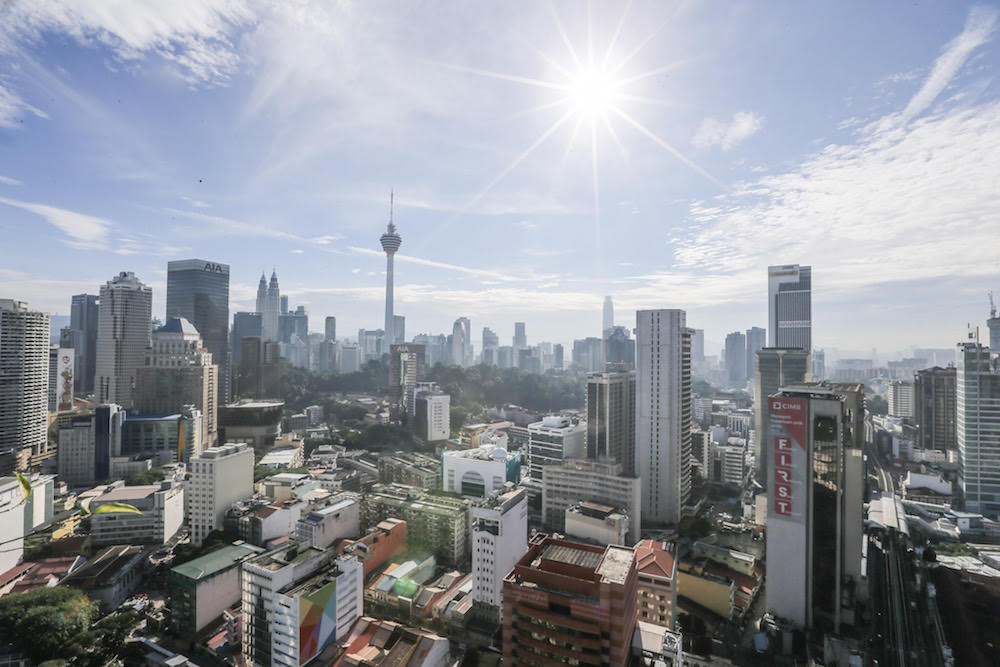KUALA LUMPUR, Dec 7 — Putrajaya will face serious hurdles to reign in “pervasive” corruption that is already causing credit constraints and undermining government effectiveness, Moody’s said today as it affirmed the country’s domestic and foreign debt ratings at A3.
The international ratings firm said it expects the reform measures undertaken by the Pakatan Harapan (PH) government to yield slow results, predicting resistance overtime if the government fails to improve living standards.
This comes even as the country’s improved legal and regulatory framework have supported robust growth, macroeconomic stability and stable inflation, which Moody’s said denotes effective monetary policy.
“However, pervasive corruption has acted as a credit constraint, undermining government effectiveness,” the firm said in its report on Malaysia’s sovereign ratings.
“Moody’s expects these measures to materialise only slowly. Over time, they may face some resistance especially if the stated intentions of improved transparency and lower corruption are not accompanied by material improvements in living standards.”
PH ended six-decade of Barisan Nasional rule at the historic May 9 elections on the back of popular support for reform and growing frustration over scandals dogging leaders from the defeated coalition.
It pledged to clean up house immediately after taking power, repair and empower key institutions and push for fiscal health that focus on helping the lower income group, including abolishing the goods and services tax.
Moody’s said it expects the country’s debt level to remain high for some time as the rollback of the consumption levy will reduce government revenues in the long run, making public spending tougher. This, the firm added, could potentially spark backlash against PH.
“While the government expects fiscal consolidation to resume from 2019, the absence of political support for a substantial increase in revenue and the narrow space to cut expenditures further imply that the path towards narrower deficits is likely to be slower and more difficult, particularly in a weakening global environment.”
Malaysia’s fiscal deficits narrowed to 3 per cent of GDP in 2017 from a peak at 6.5 per cent in 2009. With the loss in the goods and services tax (GST) revenue that is not fully compensated by revenue from the narrower Sales and Services Tax (SST), the deficit is projected to widen to 3.7 per cent of GDP in 2018 and to 3.4 per cent next year supported by higher dividends from state-owned enterprises.
Policy space and debt affordability are already constrained by a much narrower revenue base than available to other Moody’s A-rated sovereigns, the firm added. Based on the government’s budget estimates, revenue will remain at a record low as a share of GDP, at 16.3 per cent in 2018.
As a result, debt affordability is weak, with interest payments accounting for 13.1 per cent of revenues in 2018, much higher than the A-rated median of 4.7 per cent. The measures announced by the government so far will not significantly widen that revenue base, the firm said.
But a diverse, growing economy, coupled with deep domestic capital markets support Malaysia’s sovereign rating, Moody’s said. Relative stability in financing conditions in a volatile global environment underpins a stable outlook at A3, it added.
Malaysia has been among the fastest growing A-rated sovereigns after China (A1 stable), Ireland (A2 stable) and Malta (A3 positive) in the last five years.
GDP growth is expected to slow to slightly under 5 per cent from 2018, owing to slower trade flows and lower investment growth, according to the firm’s forecast.



















